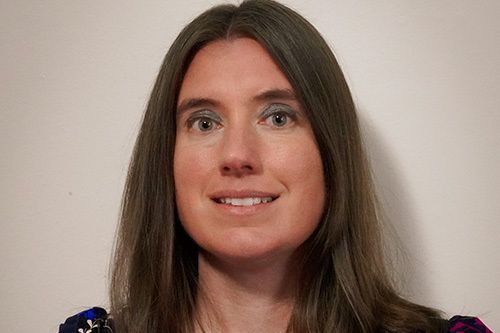
BME7900 Seminar: Stephanie Willerth (Victoria)
Bioprinting complex human tissues
3D bioprinting can create living human tissues on demand based on specifications contained in a digital file. One of the benefits of using this additive manufacturing technique is the ability to generate complex constructs containing a variety of cells that mimic structures found in the human body. Such highly customized, physiologically relevant 3D human tissue models can screen potential drug candidates as an alternative to expensive pre-clinical animal testing as well as hold the potential to regenerate diseased and damaged tissues. Over the past few years, the Willerth lab has been a leader in the 3D bioprinting space. The Willerth lab has developed a novel fibrin-based bioink called TissuePrint for bioprinting human tissues that has been commercialized through her award-winning spin-off company – Axolotl Biosciences. We have developed several tissue models using TissuePrint, including constructs derived from human induced pluripotent stem cells (hiPSCs), which can become any cell type found in the body. More recent work has focused on developing our “smart” bioinks that contain drug releasing microspheres produced using microfluidics as a way to improve the reproducibility of the bioprinting process. Using our novel, patent-pending BrainPrint bioink, we have generated tissues with chemical and electrical properties similar to that of the brain and spinal cord.
Bio:
Stephanie Willerth is a biomedical engineer, entrepreneur, and thought leader in 3D bioprinting and neural tissue engineering. As CEO of Axolotl Biosciences and a full professor at the University of Victoria, she leads innovations in personalized medicine through bioink development and human tissue models. Her work bridges academia and industry, bringing groundbreaking research into real-world healthcare applications.
Stephanie is the author of “Engineering Neural Tissue from Stem Cells” and a sought-after speaker on topics like bioprinting ethics and medical innovation. She holds prestigious fellowships from the International Biomaterials Science and Engineering Society and the Royal Society of Canada’s College of New Scholars and is dedicated to mentoring women in STEM.